Cliford
✅ Treats bacterial infections
✅ Reduces acne inflammation
✅ Controls skin infections
✅ Fights bacterial growth
✅ Promotes wound healing
Cliford contains Clindamycin.
Product Overview
Cliford is a medication containing the active ingredient Clindamycin. It is available in capsule form for oral administration. Clindamycin is an antibiotic used to treat a variety of bacterial infections, including skin infections, respiratory tract infections, bone and joint infections, and infections of the female reproductive system. Cliford works by inhibiting the growth of bacteria and is effective against both aerobic and anaerobic bacteria.
Uses
Cliford is commonly prescribed to treat bacterial infections caused by susceptible strains of bacteria. It is indicated for the treatment of skin and soft tissue infections, such as cellulitis, abscesses, and wound infections. Cliford is also used to treat respiratory tract infections, including pneumonia and bronchitis, as well as bone and joint infections, such as osteomyelitis. Additionally, Cliford is effective in treating infections of the female reproductive system, such as pelvic inflammatory disease.
How to Use
Cliford capsules should be taken orally with a full glass of water, either with or without food, as directed by your healthcare provider. Swallow the capsules whole without crushing or chewing them. It is important to complete the full course of treatment prescribed by your doctor, even if your symptoms improve before the medication is finished. Failure to complete the full course of antibiotics may result in the recurrence of the infection or the development of antibiotic resistance.
How it Works
Clindamycin, the active ingredient in Cliford, works by inhibiting bacterial protein synthesis, thereby preventing the growth and reproduction of bacteria. It binds to the 50S subunit of the bacterial ribosome, blocking the addition of new amino acids to the growing peptide chain. This ultimately leads to the inhibition of bacterial protein synthesis, which is essential for bacterial survival and replication. By interfering with bacterial protein production, Clindamycin effectively eradicates the infection and helps alleviate symptoms.
Dosage and Administration
The dosage of Cliford varies depending on the type and severity of the infection, as well as the patient’s age and weight. It is typically taken every 6 to 8 hours, with a usual adult dose ranging from 150 mg to 300 mg per dose. The total daily dose should not exceed 1.8 grams for adults. Pediatric dosing is based on the child’s weight and is usually calculated as 8 to 25 mg/kg/day divided into 3 or 4 equal doses. Your healthcare provider will determine the appropriate dosage and duration of treatment based on your specific condition.
Benefits
- Effective treatment for a wide range of bacterial infections
- Convenient oral administration in capsule form
- Broad-spectrum antibiotic activity against aerobic and anaerobic bacteria
- Well-tolerated with a low incidence of side effects
- Helps alleviate symptoms and promote recovery from bacterial infections
Common Side Effects
Common side effects of Cliford may include nausea, vomiting, diarrhea, abdominal pain, and skin rash. These side effects are usually mild and transient, resolving on their own without the need for medical intervention. However, if any of these side effects persist or worsen, contact your healthcare provider for further guidance. In rare cases, Cliford may cause more serious side effects, such as severe diarrhea, colitis, or allergic reactions. Seek medical attention immediately if you experience any severe or persistent side effects while taking Cliford.
Warnings
Before using Cliford, inform your healthcare provider if you have any allergies, especially to Clindamycin or other antibiotics. Tell your doctor about any medical conditions you have, particularly gastrointestinal disorders, liver disease, or kidney disease. Cliford may interact with certain medications, so inform your doctor of all the medications you are taking, including over-the-counter drugs and supplements. Use caution when driving or operating machinery, as Cliford may cause dizziness or drowsiness in some individuals.
Storage Information
Store Cliford capsules at room temperature, away from moisture, heat, and direct sunlight. Keep the capsules in their original packaging, tightly closed when not in use. Do not store Cliford in the bathroom or kitchen sink. Keep it out of reach of children and pets. Do not use Cliford beyond the expiration date printed on the packaging. If you have any unused or expired medication, dispose of it properly according to local regulations.
Disclaimer:
Our sole intention is to ensure that its consumers get information that is expert-reviewed, accurate, and trustworthy. However, the information contained herein should NOT be used as a substitute for the advice of a qualified physician. The information provided here is for informational purposes only. This may not cover all possible side effects, drug interactions, or warnings or alerts. Please consult your doctor and discuss all your queries related to any disease or medicine. We intend to support, not replace, the doctor-patient relationship.
| Strength | 150 mg, 300 mg |
|---|---|
| Quantity | 30 Capsule/s, 60 Capsule/s, 90 Capsule/s, 180 Capsule/s |
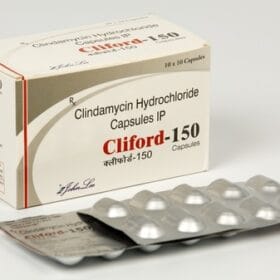 Cliford
Cliford










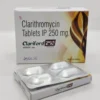
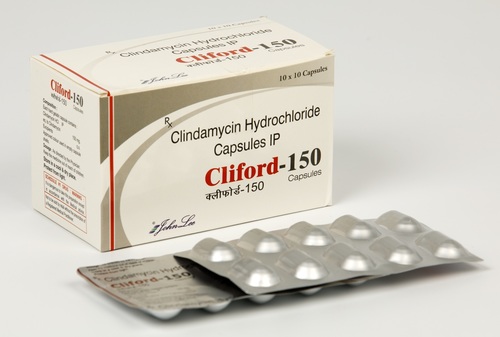


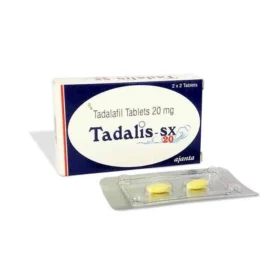
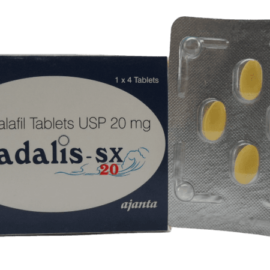
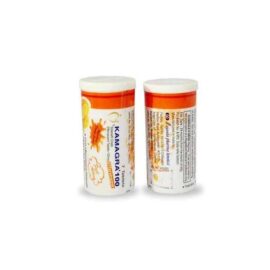

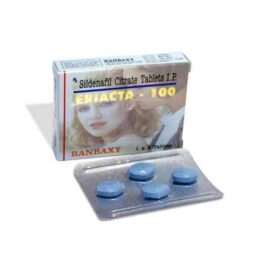
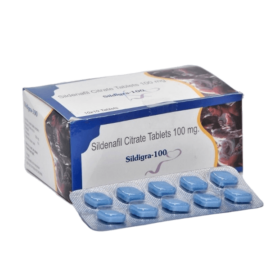
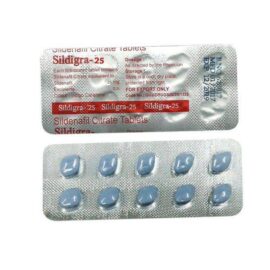


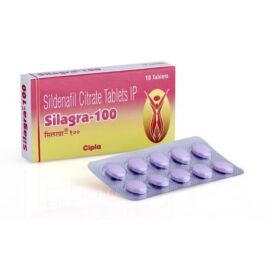
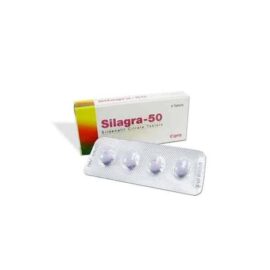
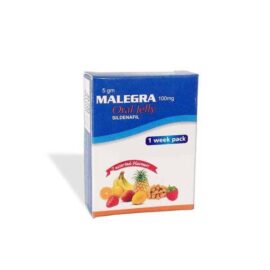
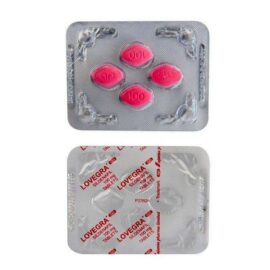


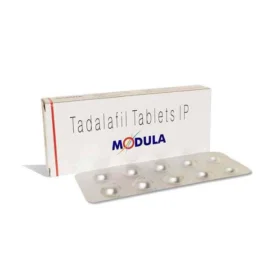
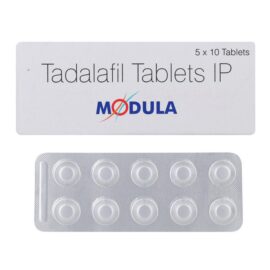
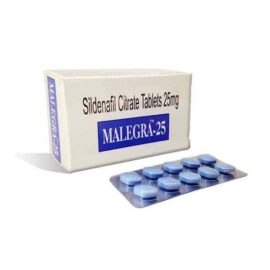

Reviews
There are no reviews yet